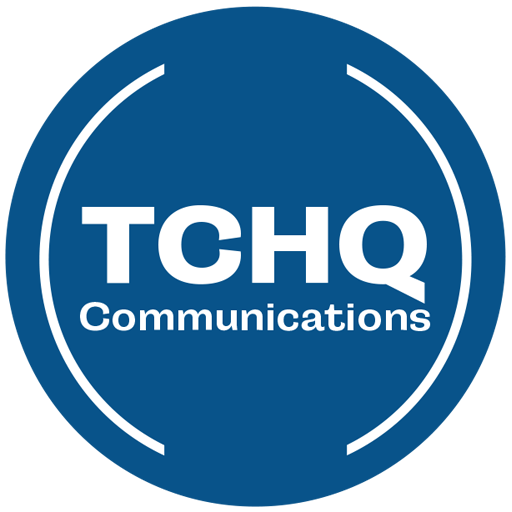Article Read Time

How Real-World Stories Drive Trust, Engagement, and Sales
In an era where customers are bombarded with marketing messages from every direction, testimonials and case studies can help build trust. And trust has become the most valuable currency a business can hold. And while you can (and should) sing the praises of your products or services, nothing speaks louder than the voices of satisfied customers.
That’s where testimonials and case studies come in. These two tools are more than just nice words or feel-good stories; they are powerful, conversion-driving assets that can transform how your audience perceives you.
Why Testimonials and Case Studies Work
Testimonials: The Human Side of Trust
Testimonials are short, authentic statements from customers who have had a positive experience with your business. Their strength lies in their humanity; they provide relatable, real-world perspectives that potential customers can identify with.
- They add credibility. When someone sees that others have already invested in your business and had a great outcome, it reduces uncertainty and risk.
- They provide social proof. Social proof is a psychological principle that makes people more likely to act when they see others doing the same.
- They connect emotionally. Hearing from a peer rather than a company spokesperson feels more personal and trustworthy.
For maximum impact, a testimonial should include specific details. “Great service!” is nice, but “TCHQ helped us boost our campaign’s engagement by 47% in just two weeks” tells a measurable, compelling story.
Case Studies: Turning Customer Success into a Narrative
While testimonials are quick hits of trust, case studies are the long-form proof. They go beyond a soundbite to detail exactly how your product or service solved a customer’s problem and delivered results.
A strong case study typically includes:
- Background: Who the client is, what industry they’re in, and the challenge they were facing.
- The Problem: The specific obstacles, pain points, or goals that prompted them to seek your help.
- The Solution: How your business stepped in, what approach you took, and any unique strategies you used.
- The Results: Tangible data, before-and-after comparisons, or qualitative improvements.
- The Client’s Voice: Direct quotes that add personality and authenticity to the story.
The beauty of a case study is that it serves as both a sales tool and a storytelling device. You’re not just telling people what you can do, you’re showing them, step by step, through the lens of someone just like them.
How They Work Together
Think of testimonials as the appetizer and case studies as the main course.
- A testimonial might catch someone’s attention and spark initial interest.
- A case study provides the depth and detail needed to confirm their decision to work with you.
Using both creates a layered approach to trust-building: short bursts of endorsement combined with in-depth narratives that demonstrate your ability to deliver consistently.
Best Practices for Gathering Testimonials and Case Studies
- Ask at the Right Time
The best moment to request a testimonial is right after you’ve delivered value, when the client is happiest with your work. For case studies, wait until you have enough measurable results to tell a complete story. - Make It Easy
Many clients want to help but are unsure of what to say. Provide a short list of guiding questions, such as:- What problem were you trying to solve before working with us?
- How did our solution help?
- What results did you see?
- Get Permission to Use Names and Details
Specificity adds weight to your story, but always get written consent before using names, quotes, or business details. - Keep It Authentic
Resist the temptation to over-polish or script responses. The most persuasive endorsements feel genuine and unfiltered. - Leverage Different Formats
Testimonials can live on your website, in proposals, or in marketing materials. Case studies can be written articles, videos, infographics, or even podcast episodes.
Where to Use Testimonials and Case Studies
- Website Homepages: A short testimonial near your call-to-action can improve conversion rates.
- Sales Proposals: A well-placed case study can seal the deal by addressing a prospect’s exact challenge.
- Social Media: Share snippets of testimonials or a “highlight reel” of case study results to catch attention in feeds.
- Email Campaigns: Use them to nurture leads with real-world proof points.
Measuring the Impact of Testimonials and Case Studies
It’s worth tracking how testimonials and case studies affect your sales cycle. Watch for:
- Higher conversion rates on pages with testimonials.
- Shorter sales cycles occur when case studies are shared early in the conversation.
- Increased inbound leads referencing “success stories” they’ve seen.
Over time, you may find that these assets become some of your most valuable marketing tools ones that continue to work for you long after the initial project is complete.
Bottom Line: Let Your Clients Do the Talking
In the end, the most persuasive thing you can say about your business often comes from someone else’s mouth. Testimonials and case studies bring your value proposition to life, placing it in the real world where your audience can see themselves benefiting in the same way.
By making them a regular part of your marketing strategy, you’ll not only earn trust faster but also create a library of proof that you can lean on for years to come.
Need help? That’s what we are here for. Contact TCHQ Communications today at 502-209-7619.



You must be logged in to post a comment.